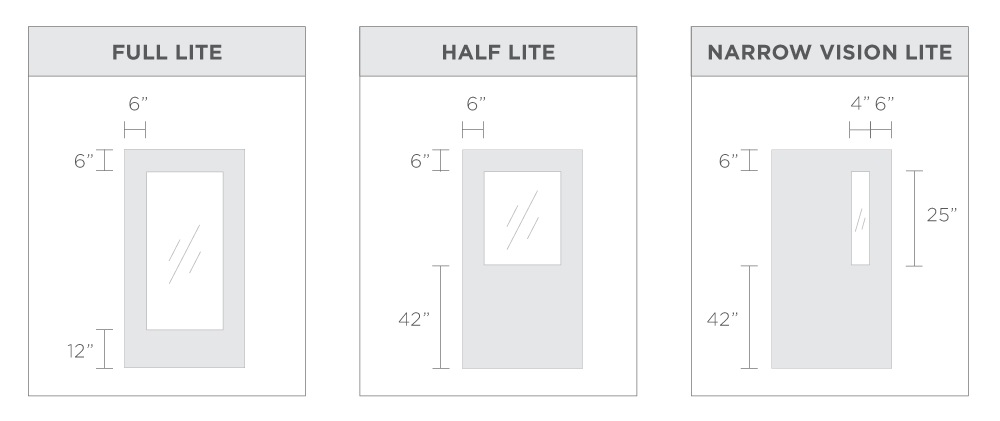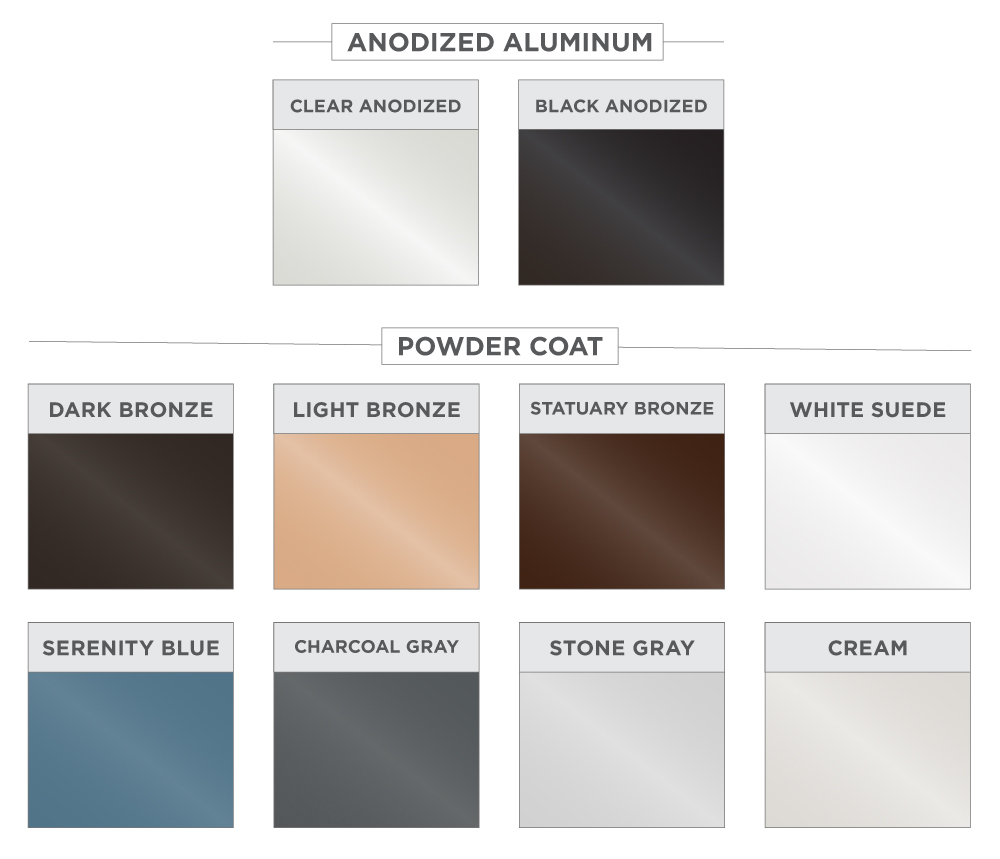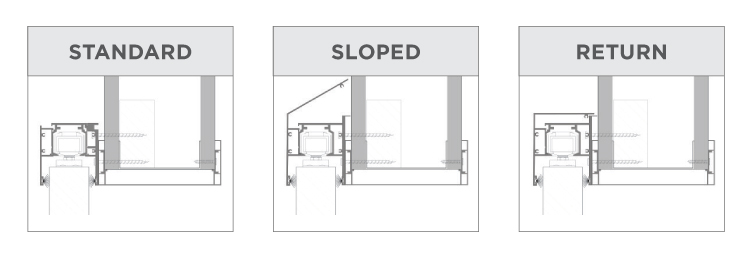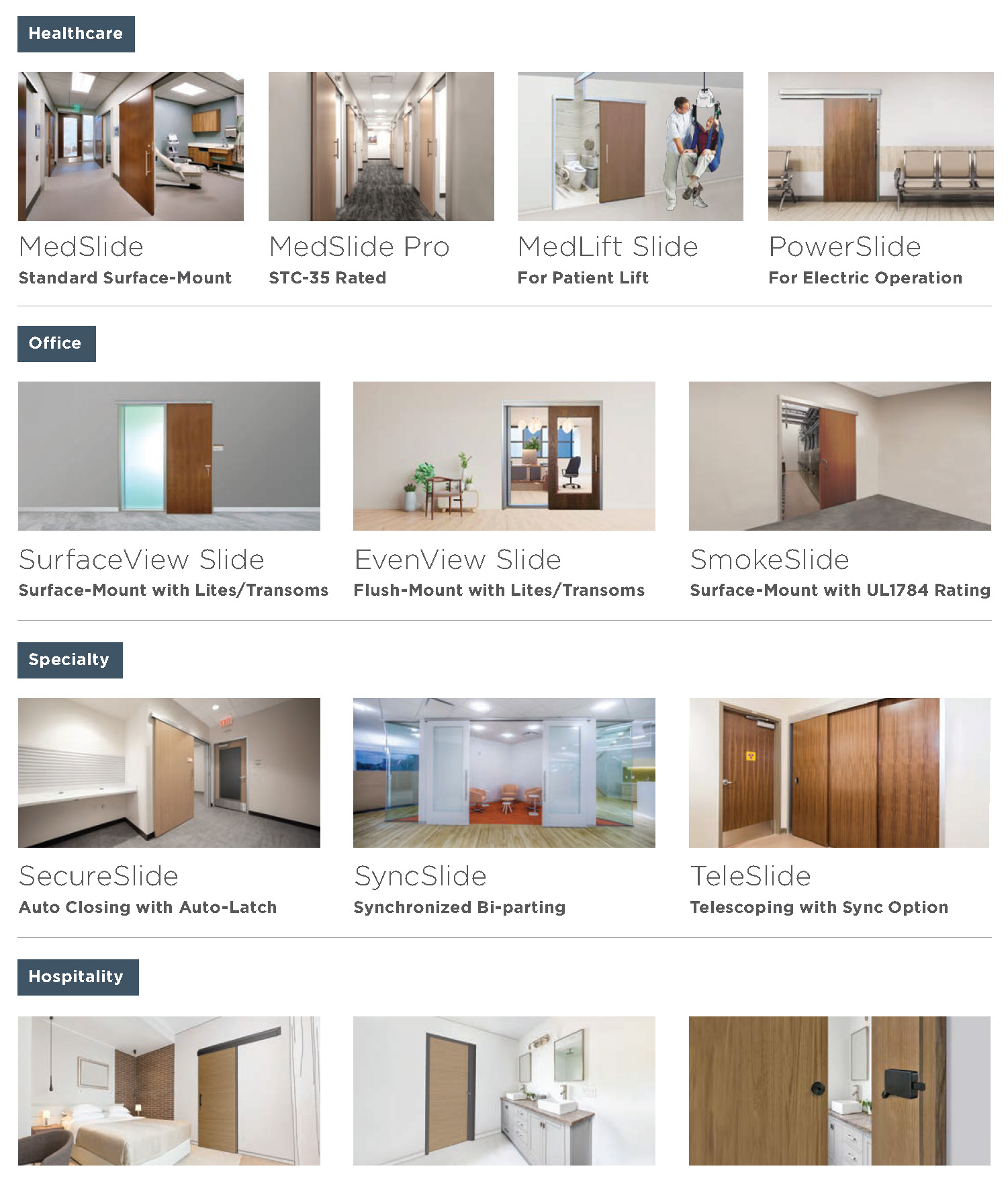Discovering High Quality Suppliers for Medical Sliding Doors in a Global Market
The need for medical sliding doors in facilities is on an unprecedented rise in view of the competition in an increasingly globalized market, driven mainly by the competitive advantages in efficiency and safety for patients with modern healthcare facilities. A recent report from Research and Markets states that there is a forecast for the hospital doors global market to grow at a compound annual growth rate (CAGR) of 5.5% from 2021 to 2026, which signifies increasingly favorable investments in the infrastructure of hospitals. They particularly help in ensuring an aseptic environment and in being unobtrusive in heavy movement areas; hence, these doors are edges in modern medical architecture.
It is necessary for healthcare candidates to find a reputable supplier for medical sliding doors as they focus on patient-centered design and improved efficiencies in their facility. Where appropriate, a medical sliding door system is built to uphold very high safety standards but at the same time, increases the patient's comfort experience while taking in the efficiency of operation within healthcare professionals. According to a MarketandMarket study, this growing demand is primarily driven by the rising impetus for hospital modernization and increased outpatient procedures, which accentuate the need for such facilities to link themselves up with reputable manufacturers that can supply such high-quality products in this specialized market.

Identifying Key Features of High-Quality Medical Sliding Doors
While assessing the global market for medical sliding doors, the basic key features defining quality products must be requested. The key elements should include durability along with aesthetic versatility and adherence to health standards. Demand for medical equipment such as sliding doors will gain popularity in line with hospital safety and comfort, as revealed in the 2022 Global Healthcare Market Report. Durability would be essential since hospitals and clinics would be among the high-traffic environments. A good sliding door will, therefore, be constructed with tough material to hold its constant use while reducing the cost of preventive maintenance. The significant aesthetics of these doors will also enhance the entire design of health facilities and will usually have to be in harmony with varied interior designs and colors, which would apply positively to the patient experience. Moreover, the health and safety standards cannot be compromised. Medical sliding gates must meet strict compliance, so they are useful and safe for both patients and healthcare workers. Latest trends tilt toward smart technology integration while advanced sensors and automation features become the norm in new installations. This development on technology allows better operational efficiency and keeps pace with the overall health movement toward automation and improved patient care. In this revolution, all stakeholders would like to identify suppliers that have built features along these lines as they get ready to invest in reliable and innovative solutions.

Evaluating Global Supplier Credentials and Certifications
In sourcing suppliers for the medical sliding doors, it becomes important to assess global accreditation and certifications before going for them because the medical field becomes one that has a lot of international standards for the safety of patients and reliability of products. Additionally, a lot of recent reports suggest that certifications like Good Distribution Practice (GDP) are increasingly important for logistics providers in the pharmaceutical field, which indicates the need for a shift toward having more quality assurance all along the supply chain.
The industry has the view, based on renewed analysis, that high-standard certifications are demand for both logistics and even manufacturing houses that provide medical equipment. For example, IATF 16949 certifications for quality management within the automotive industry have shown the universal pull toward achieving operational excellence for all suppliers, in this case, the area of medical technology. These certifications create some sort of trust and become a smoother entry into markets that are already very competitive, thus ensuring that suppliers meet regulatory and customer expectations.
According to reports, these suppliers include those achieving global compliance, such as BRCGS food safety standards, which now adopt such arrangements into other sectors to better their marketability and internal operational integrity. This is a fundamental process of change in the industry's disposition to an international quality assurance framework that speaks volumes about the stages within which suppliers could move to push towards this globally recognized endorsement in the face of the dangerously competitive global marketplace.
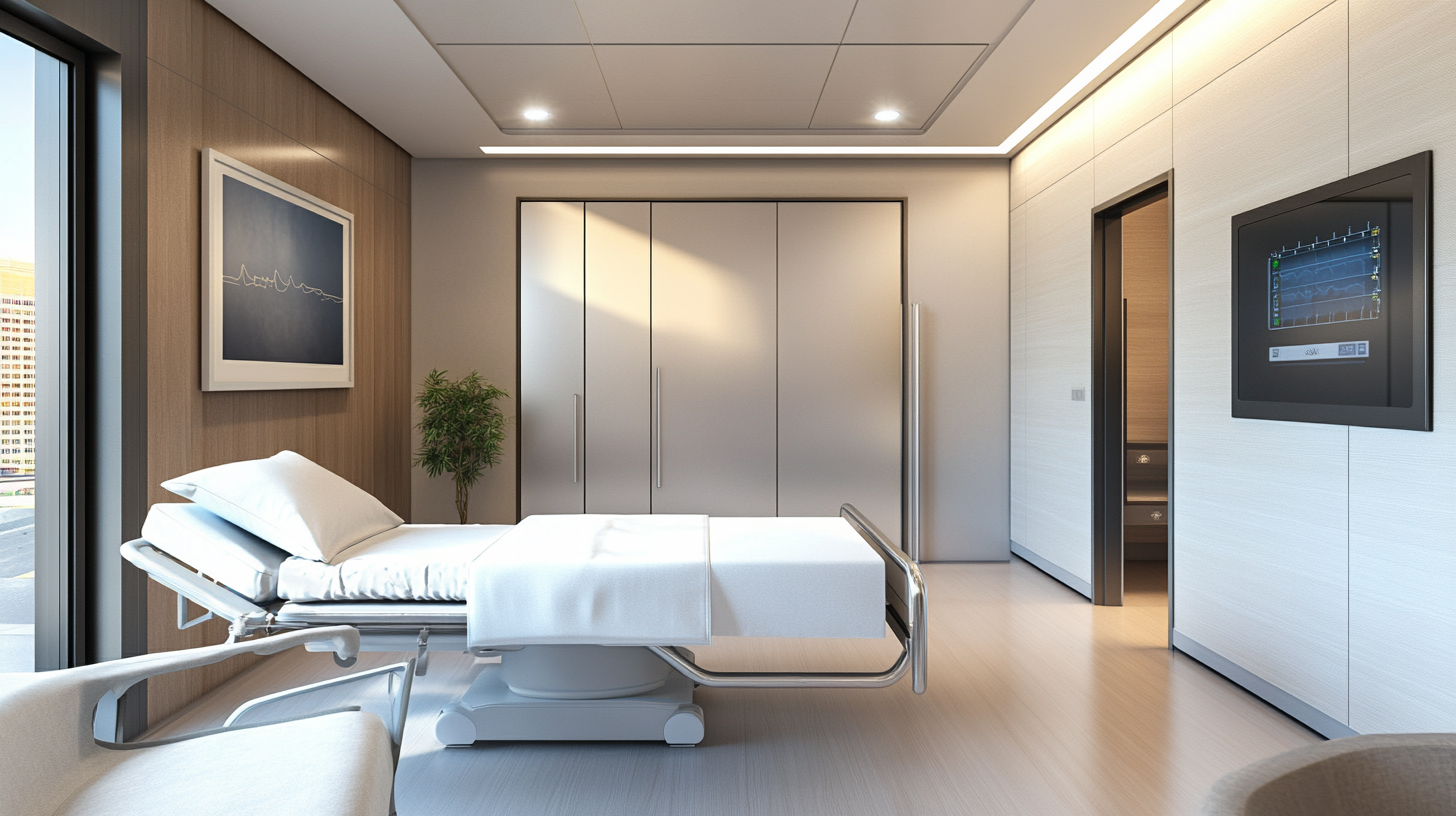
Strategies for Effective Communication with Suppliers
Market conditions for medical sliding doors are global, so effective communication becomes essential for acquiring top-quality suppliers. A good supplier relationship can only be improved if communication begins on the right note. Be clear from the start in outlining what your specifications demand of the supplier with respect to technical- and any other-related requirements, deadlines, and quality standards. This will mitigate chances of miscommunication and set expectations so that suppliers can accordingly arrange their processes to meet your needs.
On another note, maintaining an open line of communication is a key strategy. Schedule periodic meeting sessions to discuss the progress and any concerns that arise. This ultimately creates a joint atmosphere and brings forth accountability on both ends. It is also possible to use digital means of interaction to ease communication, share vital documents, and update one another. Pictorial assistance, such as blueprints and diagrams, gives even further detailed outlines of expectations, leaving no room for misinterpretation.
Certainly, consider cultural sensitivity and the command of your suppliers when communicating. Understanding cultural nuances fosters good rapport and trust when negotiating with international suppliers. In case a language barrier exists, hiring a translator or resorting to smart translation apps are viable options for efficient communication. When effective communication is prioritized, it leads to business growth and helps find and keep dependable suppliers meeting the high standards of quality in a competitive arena concerning medical sliding doors.

Comparative Analysis of Supplier Pricing and Value
Price wars and value offers are crucially important in establishing the right partnerships in the competitive world of international suppliers for medical sliding doors. Recent observations in the marketplace show that price wars create far-reaching effects across industries, but particularly in supermarkets. Retailers are pressured to sell essential goods at lower prices, leaving an important question: Are costs borne by the suppliers, retailers, or consumers? Such dynamics play a role as medical suppliers are also subjected to pricing contests to keep their products affordable and maintain profit margins.
With price perceived to grow ever more relevant, suppliers have to defend their market share. Price wars cannot be eliminated, but procurement strategies can minimize their effect on supply chain stability. For instance, identifying purchasing opportunities through advanced data analysis and possibly artificial intelligence to inquire into various aspects of supplier market responsiveness could stabilize purchasing strategies during market fluctuation. This kind of comparison suggests the need for an adequate supplier selection criterion, which in addition to low price also includes high reliability of product consistency and quality from all suppliers on the list.
On the other hand, current developments in e-commerce models allow suppliers to rethink into new approach markets. New strategies are emerging that carry with them the essence of sustainability in business—not compromising pricing for quality and healthy supply chains. The medical sliding door suppliers' actions in this global competition would have to recognize the pricing strategy-value rationing combination in their quest for long-lasting partnerships in a fast-changing marketplace.
Navigating Cultural Differences in Global Supplier Relationships
These cultural differences can affect global supplier relationships and are particularly relevant in the section where sliding doors meant for hospitals and healthcare facilities are being installed. It was indicated in a report published by the Global Health Exchange that 75% of the health organizations faced difficulty with some aspect of the international supplier relationship due to culture-specific business practices and different cultural norms. Certainly, understanding such differences can lead to improved communication that will consequently increase trust as well as foster a long-lasting relationship.
Negotiation styles differ from one culture to another. For instance, Western cultures put a lot of emphasis on direct communication and assertiveness, while Asian cultures usually prefer a more indirect and relationship-orientation style of negotiation. A research conducted by the International Journal of Medical Equipment found out that companies which apply different negotiation strategies as per cultural expectations tend to achieve a higher profit in partnerships by about 40 percent. This adaptation included listening attentively and demonstrating respect for the local ways, which helps in minimizing the difference and fosters efficiency in cooperation.
Likewise, the importance of understanding local regulations and healthcare standards cannot be overemphasized. MarketWatch recently analyzed that suppliers who invest efforts in comprehending the regulatory landscape of their partner countries managed to enhance compliance by 30% while reducing operational risks. Through these active engagements, suppliers would understand their local environment such that sliding door manufacturers could get on board high-quality suppliers to whom compliance is second nature and are well aware of the market needs. Therefore, as this world becomes competitive, cultural intricasies will soon spell the difference between one medical equipment industry and another.

